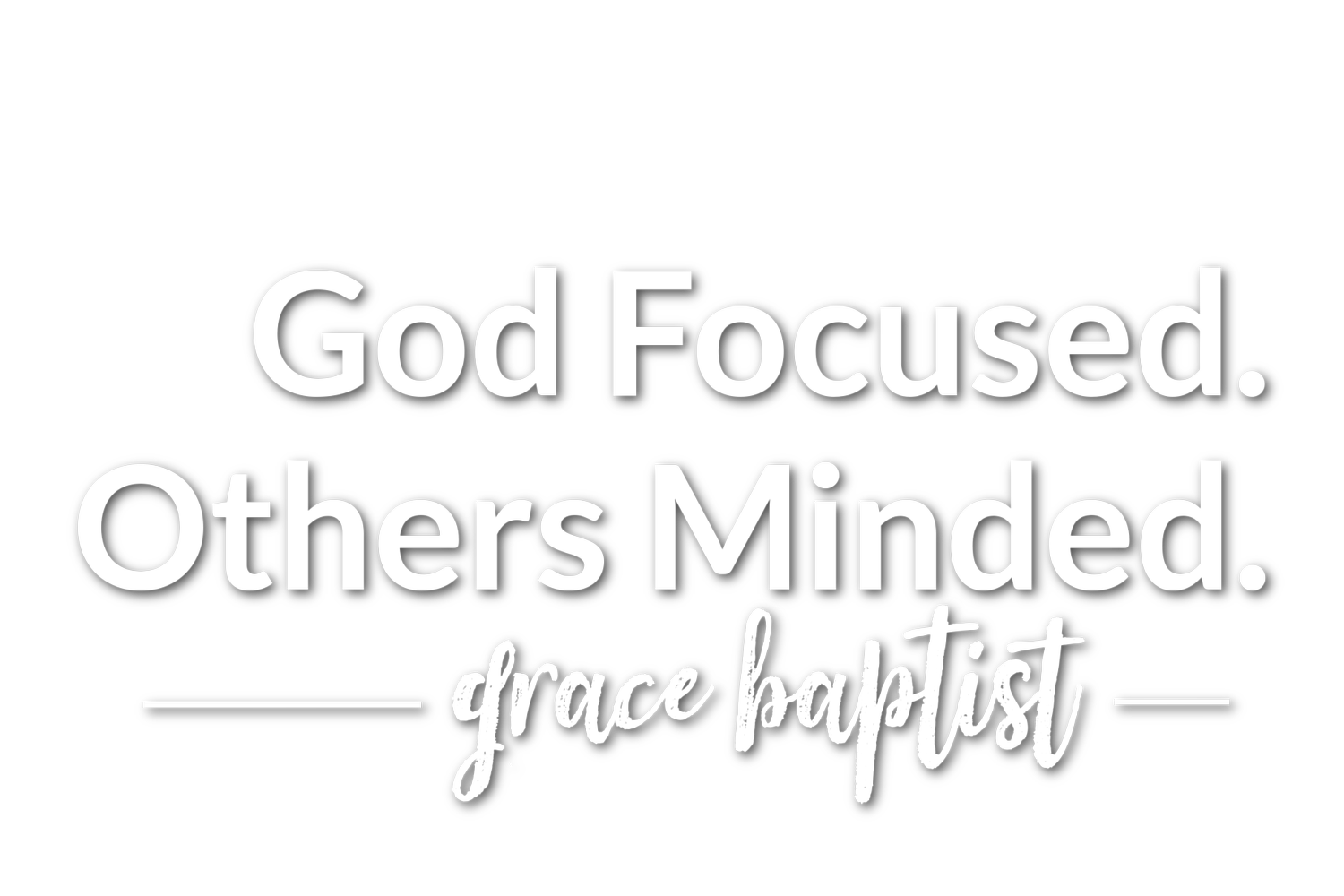When I go to the YMCA, I often go to the same workouts. However, studies show that by changing the exercises I do can help get better results. However, to do that I would have to form new habits of change to see the outcomes I want.
We all have habits that we stick pretty close to – right?
The chair you always sit in at home
The pew you always sit in at church
The food you always have at a certain restaurant or for a certain holiday
The snack foods you enjoy
The route you take to work
…and the list goes on! We struggle with change, but change is what we long for! We will often look at other people and say things like:
I wish I was in as good of shape as him or her
I wish I had a marriage like them
I wish I could play an instrument
I wish I had a relationship with God that was like him
Some have even said, “I wish I was as godly, prayerful, and used for God as the apostle Paul!”
However, we don’t just wake up one morning and say I’m going to be godly like Paul today. The fact of the matter is this kind of godly character begins with our mental rehearsing that eventually translates into our daily choices. So, it is our godly rehearsing that forms godly desires in our heart that translates into godly choices that will form godly habits, and then eventually, godly character is a reality. Let’s begin looking at 5 TRANSFORMING HABITS (as seen in the life of Paul) that begin with how we mentally rehearse throughout the day.
Consider 5 Transforming Habits
1. The attitude of gratitude
(I Cor. 1:4-8; Eph. 1:16; Phil. 1:3; Col. 1:3; I Thess. 1:2; II Thess. 1:3; Phm. 1:4)
John Wesley was about 21 years of age when he went to Oxford University. He came from a Christian home, and he was gifted with a keen mind and good looks. Yet, in those days he was a bit snobbish and sarcastic. One night, however, something happened that set-in motion a change in Wesley’s heart. While speaking with a porter, he discovered that the poor fellow had only one coat and lived in such impoverished conditions that he didn’t even have a bed. Yet, he was an unusually happy person, filled with gratitude to God. Wesley, being immature, thoughtlessly joked about the man’s misfortunes. “And what else do you thank God for?” he said with a touch of sarcasm. The porter smiled, and in the spirit of meekness replied with joy, “I thank Him that He has given me a life and being, a heart to love Him, and above all a constant desire to serve Him!” Deeply moved, Wesley recognized that this man knew the meaning of true thankfulness. (Source: Unknown)
Gratitude is missing in Romans 1:21. “Unthankful” is a description of the ungodly.
Gratitude is missing in Galatian believers (Gal. 1:6). “Unthankful” is present in the backslider and/or among those following false teachers. Paul is surprised the Galatians are swiftly led astray.
Let’s consider a quick scripture study tied to Gratitude - Colossians 3:15-17
Notice at the end of Colossians 3:15 that thankfulness is an imperative statement (command). We have a choice to obey the command or reject it. Gratitude is a personal choice.
Now notice that Colossians 3:16 directs us to the very choice that enables and strengthens gratitude. We are instructed to allow the words of God to reside in us “richly.” Gratitude is prepared with abundant rehearsing of scripture.
The next portion of the verse reveals another connection to our rehearsing scripture. Our music (“psalms, hymns, and spiritual songs”) needs to be rich with Bible truth or scripture itself! Gratitude is nurtured with music richly overflowing with scripture.
Colossians 3:17 ends our brief study to remind the church that our choices need to be to the glory of God. In other words, God is glorified when He is chosen above any other choice. Such internal decision making reinforces gratitude, but above all, brings gratitude to the forefront. Gratitude is connected to choosing God’s way above any other choice.
A student will sometimes claim they just cannot retain the class information for tests; however, when the subject of football comes up (or another favorite area of interest), they can suddenly recite the stats for more than a dozen players and teams. The problem was not their “ability” to retain information. The problem was actually connected to their “desires” which was fueled via the student’s mental rehearsing.
My mental rehearsing of scripture (with Bible reading, Bible memorization, and scripture filled music) will dramatically impact my desires. My altered desires will then impact the ability to choose the transforming habit of gratitude. If you struggle with the habit of gratitude, you will find that your greater struggle is with rehearsing scripture versus rehearsing politics, or rehearsing emotional wounds, or rehearsing relational conflicts, or rehearsing worry, or rehearsing purposeful sin (i.e.- immorality). The choice you make in your mental rehearsing paves the way for gratitude or ingratitude. We must personally choose to rehearse God and His Word.

